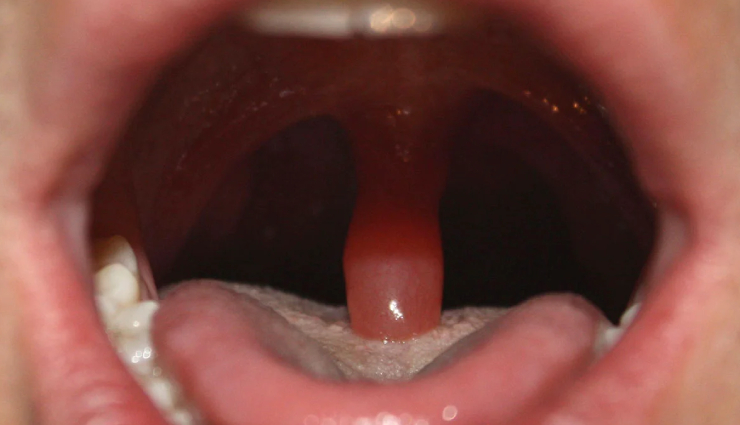10 Home Remedies To Treat Swollen Uvula

Symptoms of a swollen uvula may include a sore throat, difficulty swallowing, excessive saliva, a feeling of a lump in the throat, and sometimes snoring or difficulty breathing in severe cases.
While mild cases of a swollen uvula may resolve on their own, more severe or persistent cases may require medical attention. Treatment options may include antibiotics for bacterial infections, antihistamines for allergic reactions, or anti-inflammatory medications to reduce swelling. In some cases, lifestyle changes such as staying hydrated and avoiding irritants can also help alleviate symptoms.

Drink plenty of water to stay hydrated. Moistening the throat can help reduce irritation and promote healing.
Mix a teaspoon of salt in a glass of warm water and use it to gargle several times a day. Saltwater gargles can help soothe the throat and reduce inflammation.
Using a humidifier in your room can add moisture to the air, preventing the throat from becoming too dry and irritated.
Sucking on throat lozenges or hard candies may help soothe the throat and provide temporary relief from irritation.
Mix a teaspoon of honey in warm water and drink it. Honey has natural soothing properties that can help ease throat discomfort.
Eating cold or frozen foods, such as ice pops or ice cream, may help numb the throat and reduce swelling.
Stay away from irritants like smoking and alcohol, which can exacerbate throat irritation.
Stick to a soft diet that is easy to swallow, such as soups, yogurts, and mashed foods, to minimize irritation.
Allow your body to heal by getting enough rest and sleep. This can support your immune system in fighting off infections.
Non-prescription pain relievers like acetaminophen or ibuprofen may help reduce pain and inflammation. Follow the recommended dosage and guidelines.